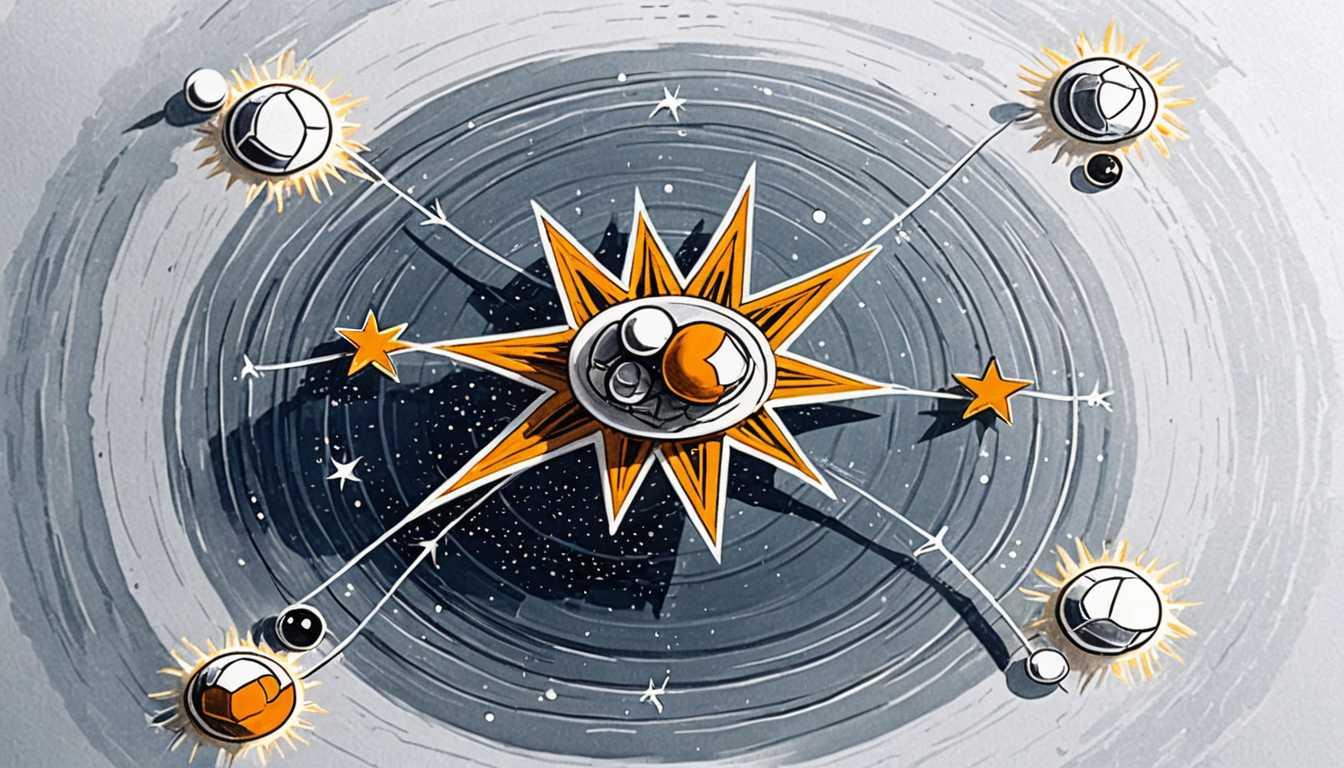Cavendish: The Scientist Who Weighed the Earth
October 2024
JSTOR Daily
Introduction
Hey there, science explorers! Ever heard of Henry Cavendish? In 1798, he conducted some super cool experiments to measure the Earth’s mass using lead spheres! This fascinating article from JSTOR Daily dives into Cavendish's quirky research journey, showing how he was more than just a reclusive number-cruncher. Discover how his curiosity led to groundbreaking ideas about air, electricity, and even water’s composition. Buckle up for a wild ride through the mind of a genius!
READ FULL ARTICLEWhy It Matters
Discover how this topic shapes your world and future
Unraveling the Mysteries of Gravity and Experimentation
Have you ever wondered how scientists figure out the weight of the Earth or the composition of water? Henry Cavendish, an 18th-century scientist, made groundbreaking contributions to these questions through a series of fascinating experiments. His work not only helped establish the field of experimental physics but also influenced how we think about the natural world today. Cavendish's story shows us the importance of curiosity and perseverance in science. It’s a reminder that even the most complex ideas can stem from simple questions. By understanding Cavendish's approach, you can see how the scientific method encourages exploration and learning, something that is valuable not just in science, but in all areas of life.
Speak like a Scholar
Gravity
The force that pulls objects toward each other, like how the Earth pulls us down to its surface.
Experimentation
The process of testing ideas or hypotheses through carefully planned activities to see what happens.
Phlogiston
An outdated scientific theory that suggested a fire-like element was released during burning, which Cavendish and others investigated in their studies.
Density
A measure of how much mass is contained in a given volume, for example, how heavy an object feels for its size.
Hypothesis
An educated guess or prediction about what you think will happen in an experiment, which can then be tested.
Meticulous
Being extremely careful and precise in your work, often paying attention to small details that others might overlook.
Independent Research Ideas
The Evolution of Scientific Theories
Explore how scientific ideas develop and change over time, using Cavendish's work as a case study. You could examine how different theories about fire and air influenced scientists’ understanding of the world.
The Role of Measurement in Science
Investigate how accurate measurements impact scientific discoveries, focusing on Cavendish’s contributions to understanding density and gravity. This could lead to discoveries about how measurements are taken in modern science.
Intersections of Chemistry and Physics
Analyze how Cavendish's experiments bridged the gap between chemistry and physics. You could explore other historical figures who contributed to both fields and how their work shaped modern scientific practices.
Curiosity in Science
Conduct a study on how curiosity drives scientific inquiry. You might want to interview scientists or analyze case studies to see how their questions lead to significant discoveries.
The Impact of Historical Context on Scientific Discovery
Examine how the social and political climate of Cavendish's time influenced his experiments and their relevance today. This could involve looking at how government needs shaped scientific research.
Related Articles

Dinosaurs in Space? Cornell's Revelation
November 2023
Cornell University

Pub to DNA: Cracking Life's Code
February 2023
University of Cambridge

Io's Eternal Volcanic Waltz
April 2024
California Institute of Technology

Single Photon: Life's Spark Revealed
June 2023
UC Berkeley

Resonance Unveiled: Ultracold Molecular Mysteries
February 2023
Massachusetts Institute of Technology (MIT)